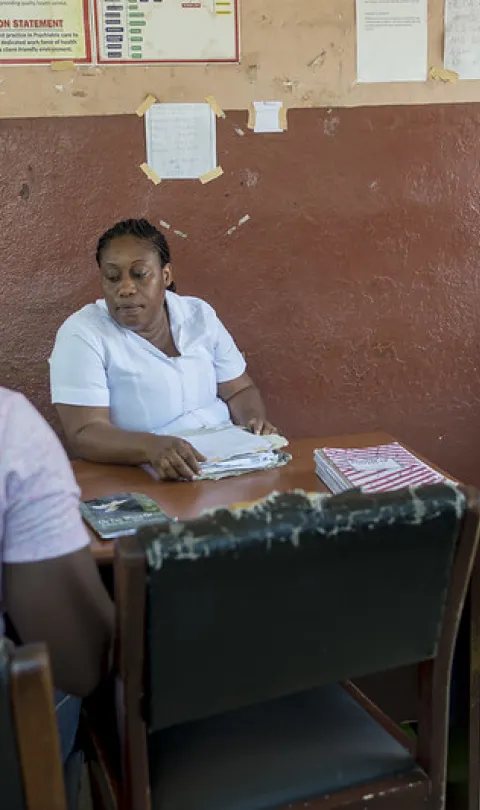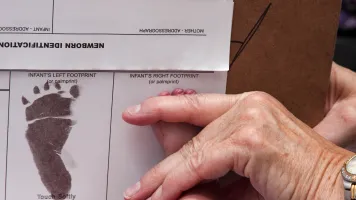Administrative data – the routine data collected by governments and service providers in the course of their day-to-day business – is one of the most promising data sources to enable us to implement and monitor Agenda 2030. Alongside the excitement about big data and satellites, this basic, and some might even say boring, source of data holds enormous potential for improving timeliness, coverage, and granularity.
The Global Partnership for Sustainable Development Data’s country partners have repeatedly told us about the potential of administrative data and their efforts to overcome the obstacles that are preventing them from unlocking it. This includes numerous good practices they are eager to share and areas where they would like to learn from others.
From the 5-7 November, Mexico’s Instituto Nacional de Estadística y Geografía/National Institute of Statistics and Geography (INEGI) will host our partners from Latin America and the Caribbean, Africa, and from several international organizations at a learning exchange organized by the Global Partnership, CEPEI, and the Inter-American Development Bank (IDB). The event will be an opportunity for our partners to exchange experiences, to foster collaboration, and to deepen our understanding of their specific needs in order to accelerate action on administrative data. We will be welcoming representatives from Belize, Colombia, Costa Rica, Ecuador, Ghana, Kenya, Mexico, Paraguay, Senegal, Sierra Leone, and Tanzania. There will be roughly three participants from each country – one coming from the national statistical office and two from other parts of government that produce administrative data.
Partner voices
We are going to the peer exchange with some ideas, shared by our partners through a pre-event survey, on what they would like to learn and share. We will delve deeper into these during the workshop, and in the future as we develop the workstream on administrative data.
What would improving administrative data enable them to do differently?
64 percent of responses highlight the importance of improving administrative data to generate better statistics. How is better statistics defined? Guaranteed continuity and completeness in data collection, greater geographic, institutional, and thematic coverage, and achieving all of this with a more efficient use of resources. Ultimately, this speaks to statistics that are more cost-efficient, and importantly provide more accurate information to decision-makers.
What do partners hope to learn from other countries?
76 percent of respondents would like to identify more efficient mechanisms to capture, manage, analyze, and share data using different tools and technologies as well as understand which tools are relevant to different circumstances. Participating partners are also keen to learn how countries have strengthened technical capacities and what strategic alliances they formed to make this happen. Lastly, they are equally keen to learn about the challenges that other countries face in the use of administrative records as one of the main sources of government information.
What good practices would they like to share?
Nearly half (42 percent) of our partners would like to share their methodologies and guidelines to enhance the quality and use of administrative records for statistical purposes. 22 percent have initiatives focused on reducing information gaps for the measurement of SDG indicators, while 19 percent would like to share their good practices on legislation and/or legal agreements to share data between institutions.
How will we take the promise forward?
Stay tuned for a report on the discussion and learnings, as well as our next steps. Through the administrative data workstream, our aim will be to identify areas where good work can be joined up or scaled in response to demand. This connects to Data for Now, an initiative to push for more timely data to fill critical SDG gaps and the work of our Inclusive Data Charter champions, many of whom have committed to improve administrative data systems to get a better picture of the needs and experiences of marginalized groups. We are determined to help our partners realize the full promise of administrative data, ensuring they can make the best use of information that is already being produced.



